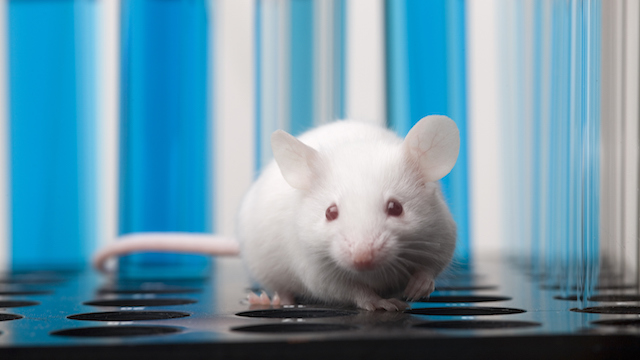 ISTOCK, DRA_SCHWARTZUsing CRISPR, researchers have successfully treated congenital muscular dystrophy type 1A (MDC1A), a rare disease that can lead to severe muscle wasting and paralysis, in mice. The team was able to restore muscle function by correcting a splicing site mutation that causes the disorder, according to a study published today (July 17) in Nature Medicine.
ISTOCK, DRA_SCHWARTZUsing CRISPR, researchers have successfully treated congenital muscular dystrophy type 1A (MDC1A), a rare disease that can lead to severe muscle wasting and paralysis, in mice. The team was able to restore muscle function by correcting a splicing site mutation that causes the disorder, according to a study published today (July 17) in Nature Medicine.
“Instead of inserting the corrected piece of information, we used CRISPR to cut DNA in two strategic places,” study coauthor Dwi Kemaladewi, a research fellow at the Hospital for Sick Children (Sick Kids) in Toronto, explains in a statement. “This tricked the two ends of the gene to come back together and create a normal splice site.”
By targeting both the skeletal muscles and peripheral nerves, the team was able to improve the animals’ motor function and mobility. “This is important because the development of therapeutic strategies for muscular dystrophies have largely focused on improving the muscle conditions,” Kemaladewi says in the release. “Experts know the peripheral nerves are important, but the skeletal muscles have been perceived as the main culprit in MDC1A and have ...






















